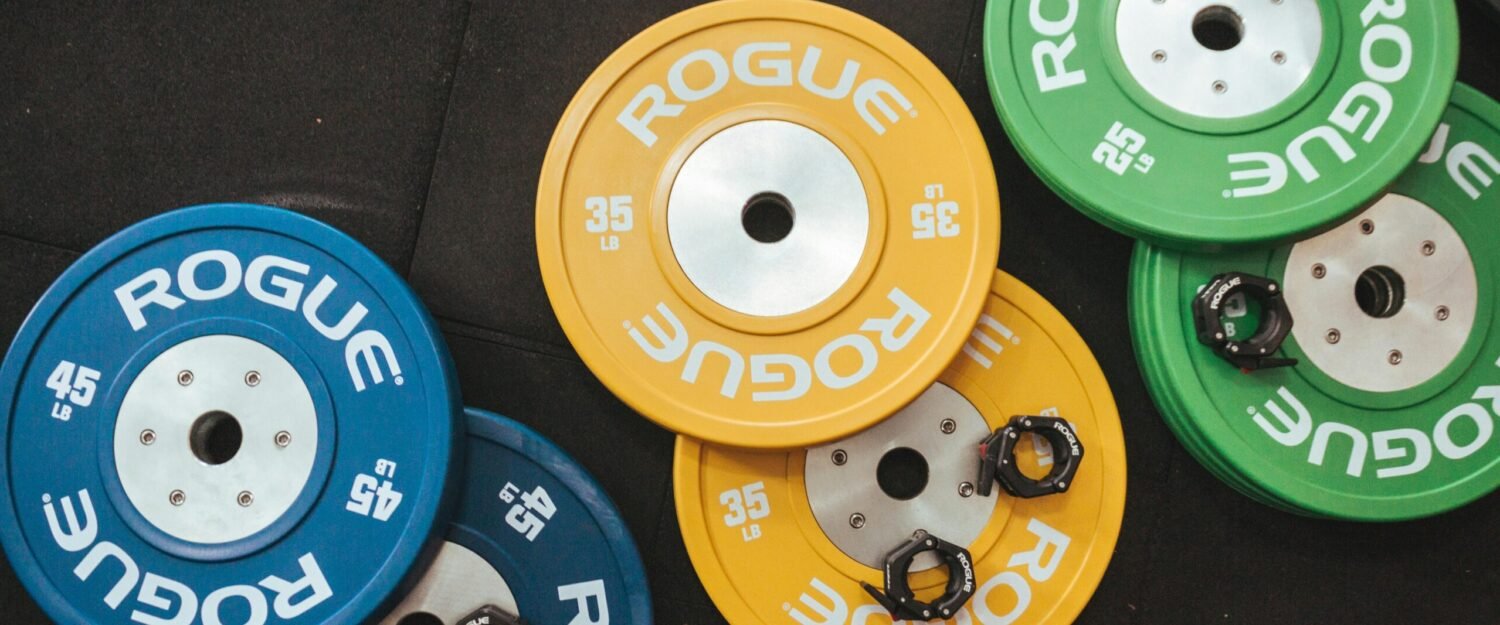Introduction to Gut Health
Gut health is a critical component of overall health and well-being, encompassing the balance and function of the various microorganisms residing in the gastrointestinal tract. The gut microbiome comprises trillions of bacteria, viruses, fungi, and other microbes, which play a vital role in digestion, metabolic functions, and immune system regulation. A healthy gut microbiome promotes efficient nutrient absorption and influences inflammation levels throughout the body.
The intricate relationship between gut health and overall wellness highlights its significance in various bodily functions. Disruptions to this delicate ecosystem can result in an imbalance, often referred to as dysbiosis, leading to potential health issues. Research suggests that an unhealthy gut microbiome may contribute to conditions such as obesity, diabetes, and even mental health disorders. Therefore, maintaining optimal gut health is essential not only for physiological functions but also for mental and emotional well-being.
Different factors can influence gut health, including diet, lifestyle, medication use, and environmental exposures. Diet, in particular, plays a pivotal role in shaping the microbiome. A diet rich in fiber, diverse plant-based foods, and fermented products can enhance microbial diversity and promote a balanced gut environment. Conversely, excessive consumption of processed foods, high sugar intake, and antibiotics can negatively affect the composition of gut bacteria.
In essence, gut health is foundational for achieving peak fitness levels and optimal physical performance. The connection between a well-maintained microbiome and the body’s ability to manage energy, recover from exercise, and maintain a robust immune response cannot be overstated. Understanding and nurturing gut health can ultimately lead to improved fitness outcomes. This foundational knowledge about the gut microbiome sets the stage for exploring its specific relationship with fitness and performance in the following sections.
Gut Health’s Role in Physical Fitness
The relationship between gut health and physical fitness has garnered increasing attention in recent years, underscoring the importance of a well-functioning gut microbiome for optimal athletic performance. A healthy gut microbiome plays a pivotal role in nutrient absorption, which is essential for individuals engaged in physical fitness routines. Nutrients such as carbohydrates, proteins, vitamins, and minerals are vital for providing the energy necessary to sustain prolonged exercise. Any compromise in the gut’s ability to absorb these nutrients can result in decreased energy levels, negatively impacting physical performance.
Moreover, gut health significantly influences inflammation management within the body. A balanced gut microbiome helps regulate the immune response and can reduce systemic inflammation. For athletes, managing inflammation is crucial since it can hamper recovery times and performance levels. An optimal balance of gut bacteria can promote quicker recovery post-exercise, leading to better consistency in training, reduced risk of injury, and diminished muscle soreness.
Another aspect of gut health that is critical for physical fitness is its impact on mental well-being. Research has shown a strong connection between gut health and mood. A healthy microbiome can foster a sense of well-being and enhance motivation, which are essential for maintaining a regular fitness regimen. Consequently, when the gut is functioning optimally, not only does it support energy levels and recovery, but it also contributes to a positive mindset necessary for endurance and perseverance in workouts.
To summarize, prioritizing gut health can lead to significant improvements in physical fitness. The synergistic relationship between a healthy gut microbiome and factors such as nutrient absorption, energy levels, inflammation management, and mental well-being illustrates the fundamental role gut health plays in enhancing an individual’s exercise capacity and recovery.
The Impact of Fitness on Gut Health
Regular physical activity is essential for optimal gut health and has been shown to play a significant role in enhancing the diversity and functionality of the gut microbiome. Engaging in consistent exercise stimulates various biological processes that promote a healthier digestive system. One of the main mechanisms through which fitness positively influences gut health revolves around increased gut motility. Exercise accelerates the passage of food through the digestive tract, which can help prevent common gastrointestinal issues such as constipation and bloating.
Additionally, physical activities, from aerobic exercises to strength training, have been associated with a more diverse gut microbiota. A diverse microbiome is crucial, as it contributes to improved digestion, better nutrient absorption, and stronger immune responses. Research indicates that active individuals typically harbor a greater variety of beneficial bacteria compared to their sedentary counterparts. This increased diversity not only enhances gut function but also fortifies the body’s overall immune system, offering a safeguard against infections and diseases.
Moreover, exercise has a direct impact on the gut-brain axis, a pathway connecting the gut and the central nervous system. This connection means that the health of the gut can influence mental well-being and vice versa. Regular physical activity reduces stress and inflammation, both of which adversely affect gut health. Better management of stress levels leads to improved gut microbiome composition and function, further promoting digestion and overall wellness.
In summary, the positive influence of fitness on gut health is evident through various mechanisms that enhance microbiota diversity, improve digestion, and bolster immune functions. This bidirectional relationship signifies that maintaining an active lifestyle is not just beneficial for physical fitness but is equally imperative for sustaining a healthy gut microbiome.
Practical Tips for Optimizing Gut Health and Fitness
Maintaining a balanced gut microbiome is crucial for overall health and fitness. One of the most effective ways to optimize gut health is through dietary choices. Incorporating a diverse array of fruits, vegetables, whole grains, and legumes can provide the necessary fiber to support healthy digestion. These foods not only nourish the body but also enhance the diversity of the gut microbiome, which is essential for its functionality. Aim to include fermented foods such as yogurt, kefir, kimchi, and sauerkraut, as they are rich in probiotics, which can help populate the gut with beneficial bacteria.
In addition to dietary adjustments, proper hydration plays a significant role in gut health. Drinking adequate amounts of water aids digestion, helps transport nutrients, and facilitates the elimination of waste. It is generally recommended to consume at least eight 8-ounce glasses of water daily, though individual needs may vary based on activity level and climate. Staying hydrated is foundational not just for gut health but also for maintaining physical performance.
Integrating various types of exercises can also have positive effects on gut health. Regular physical activity can help promote the movement of food through the digestive tract, reducing the risk of constipation and encouraging a healthy microbiome composition. Cardio workouts, strength training, and flexibility exercises contribute to a comprehensive fitness routine that supports digestion and overall well-being. Consider incorporating activities such as running, cycling, yoga, or strength training into weekly schedules to reap both fitness and gut health benefits.
In summary, a holistic approach to optimizing gut health involves mindful dietary choices, adequate hydration, and a well-rounded exercise regimen. By focusing on these interconnected aspects, individuals can enhance not only their gut health but also their overall physical fitness and well-being.
At Gear Affiliate, we always want to give our readers more resources to research. Below are a few sources that we have found to be reliable and helpful in regards to this post’s topic.
Video Links: Video 1, Video 2.
If you found this post to be helpful, then you may be interested in the rest of our blog page here.
Discover more from GearAffiliate
Subscribe to get the latest posts sent to your email.


